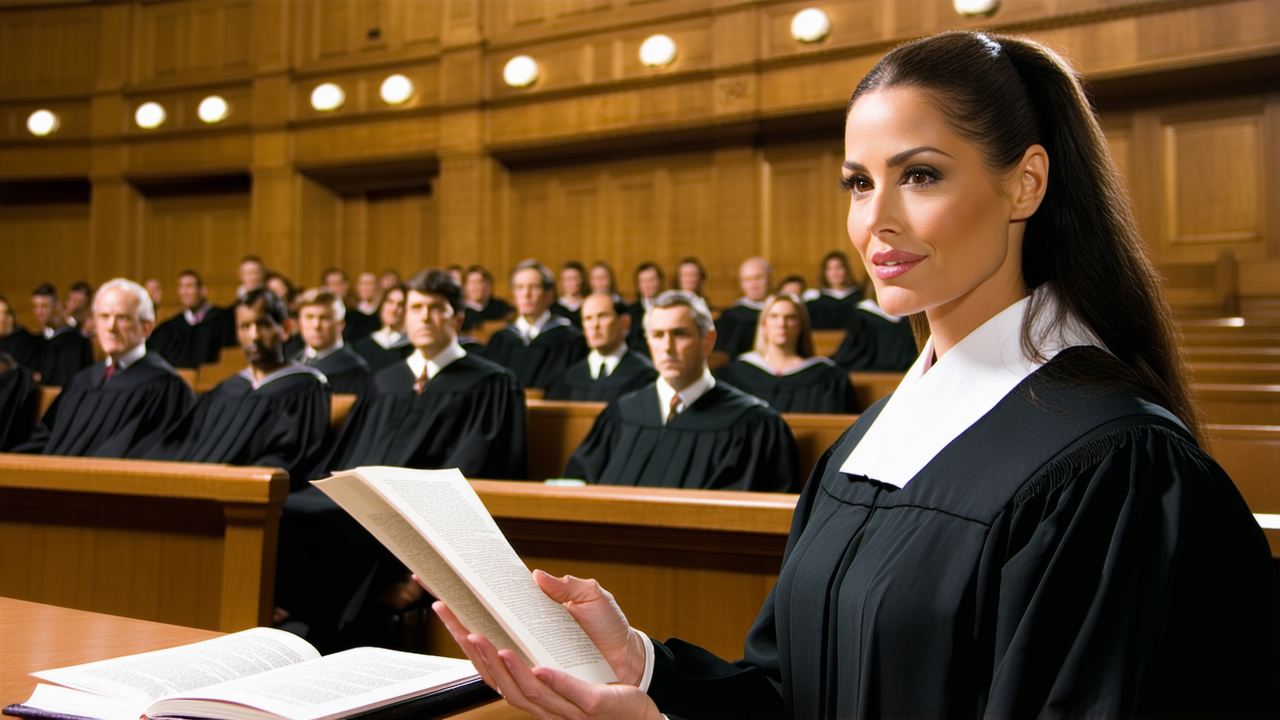Supreme Court Considers Appeal in David Tamihere's Murder Case
David Tamihere's Appeal Hearing Underway at the Supreme Court
The Supreme Court in New Zealand has begun hearing the appeal of David Tamihere, a man who has spent 20 years of a life sentence for the murders of Swedish tourists Urban Höglin (23) and Heidi Paakkonen (21). Tamihere's legal team has argued that his trial was 'fundamentally defective,' a claim that is now being reviewed by five Supreme Court judges.
The appeal centers on whether the Court of Appeal was correct in its earlier decision to reject a request to quash Tamihere's convictions, despite finding that a miscarriage of justice occurred. Tamihere has consistently maintained his innocence, and his legal team is now seeking a reversal of the convictions on the grounds of legal errors that may have impacted the fairness of the trial.
During the hearing, Tamihere's lawyer, Murray Gibson, presented three key arguments for the appeal. These include multiple breaches of fair trial rights, a fundamental error in the Crown's case, and an alleged misstep in the constitutional role of the jury. Gibson emphasized that the trial was compromised by the use of evidence from a prison informant who was later convicted of perjury. He noted that the Crown had abandoned its original theory of the case and instead presented explanations that have since been discredited.
According to Gibson, these developments meant that the jury evaluated Tamihere's guilt within a legal framework that had been discarded, thereby undermining the integrity of the trial. This, he argued, constitutes a 'fundamentally defective' trial process that should be addressed by the Supreme Court.
Chief Justice Dame Helen Winkelmann clarified that the court's responsibility is not to determine the facts of the case—what happened to the tourists—but to assess the legal issues raised in Tamihere's appeal. This distinction is crucial as the court evaluates whether the legal errors identified by Tamihere's team are sufficient to warrant a reversal of his convictions.
This case has drawn significant public and legal attention over the years, with many questioning the reliability of the evidence that led to Tamihere's conviction. The outcome of this appeal could have far-reaching implications not only for Tamihere but also for the standards of evidence and trial procedures in New Zealand's legal system.
